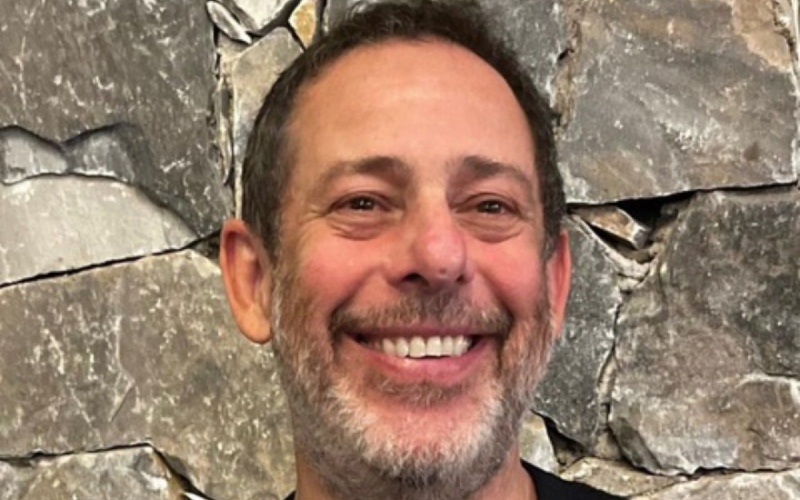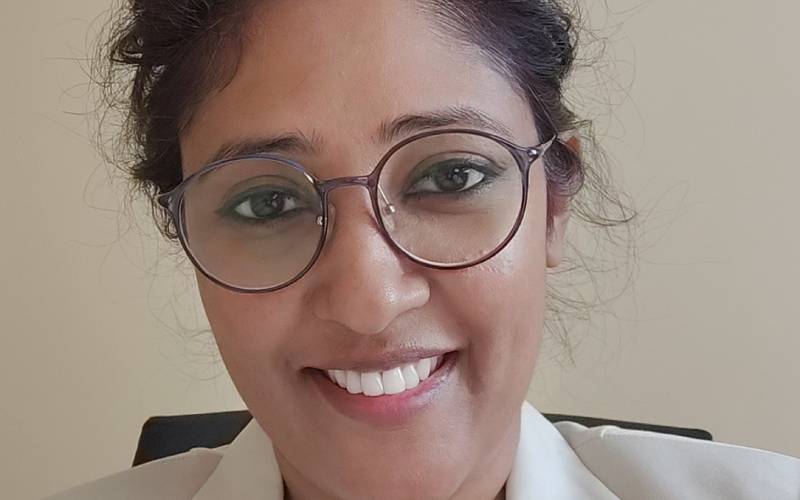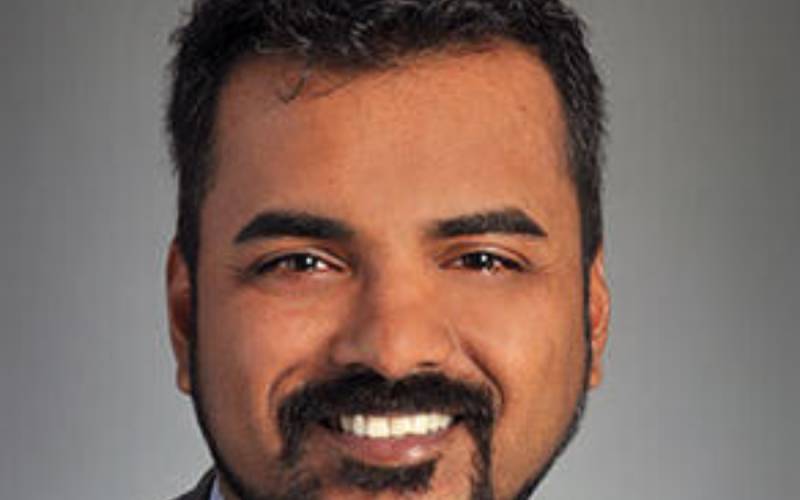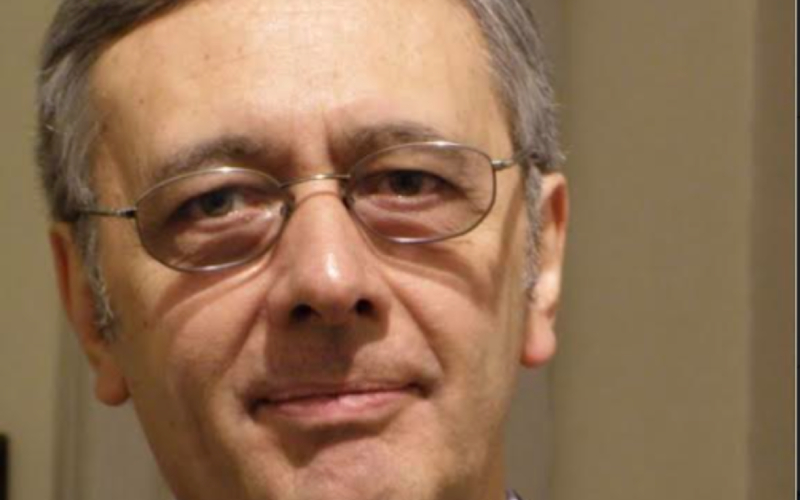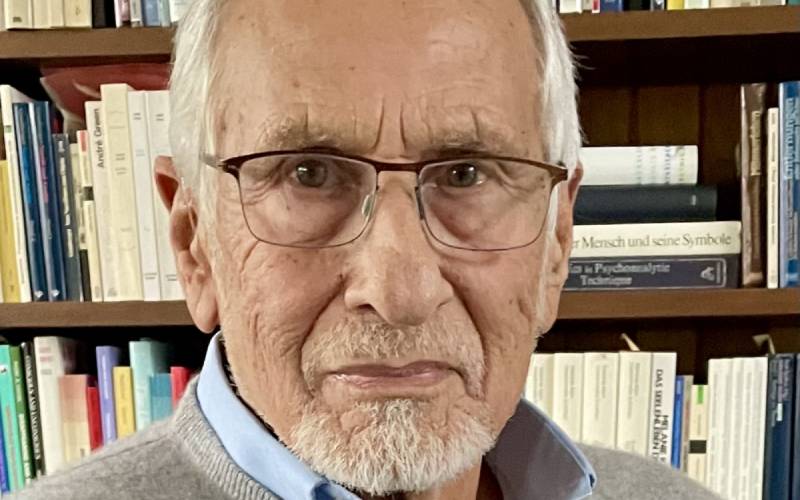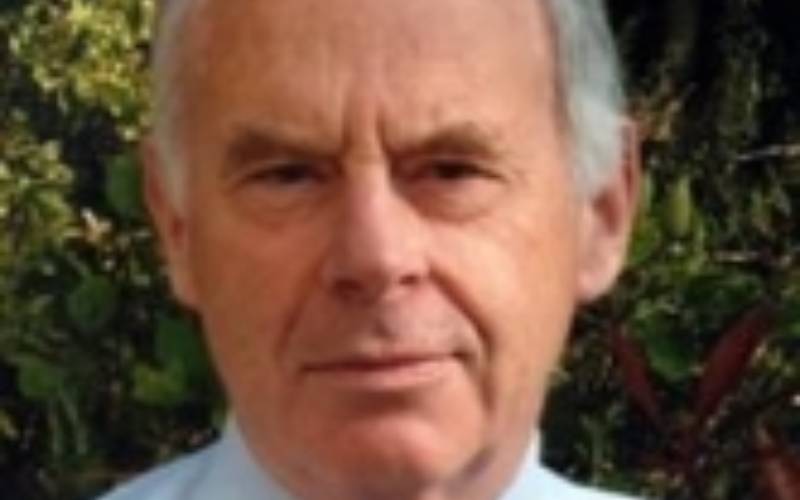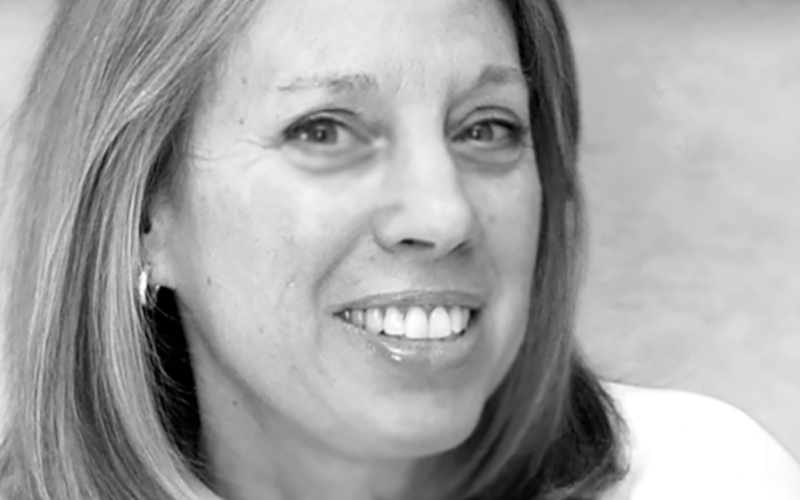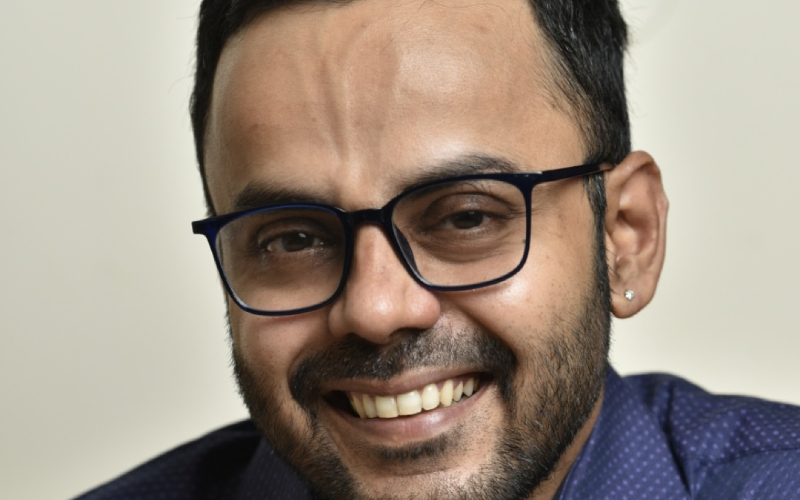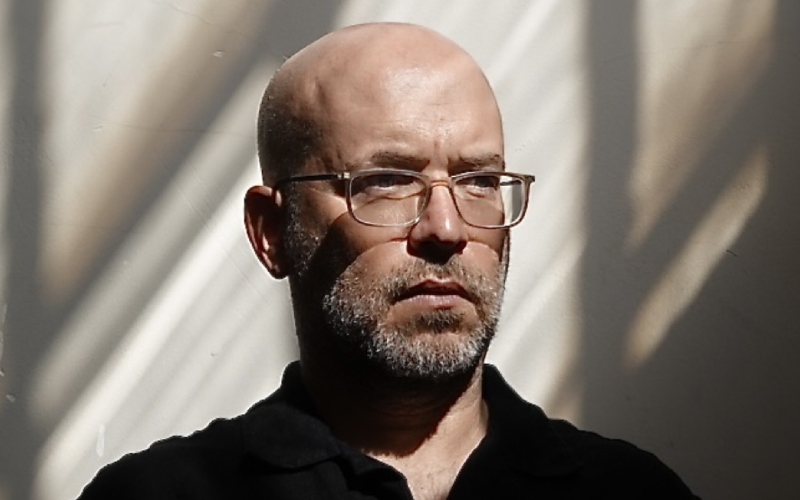Episode 183: The ‘Necessary Foreignness’ of Psychoanalysis with Mariano Horenstein, PhD (Cordoba, Argentina)
“In the analysis, the place where you face the experience of otherness, of foreignness, of the unconscious that goes through you, it doesn’t appear as knowledge. Of course, in an analysis, you get a lot of knowledge, but it’s not an important aspect of an analysis. I think that in the analysis, and that’s the…
Read MorePodcast: Play in new window | Download

